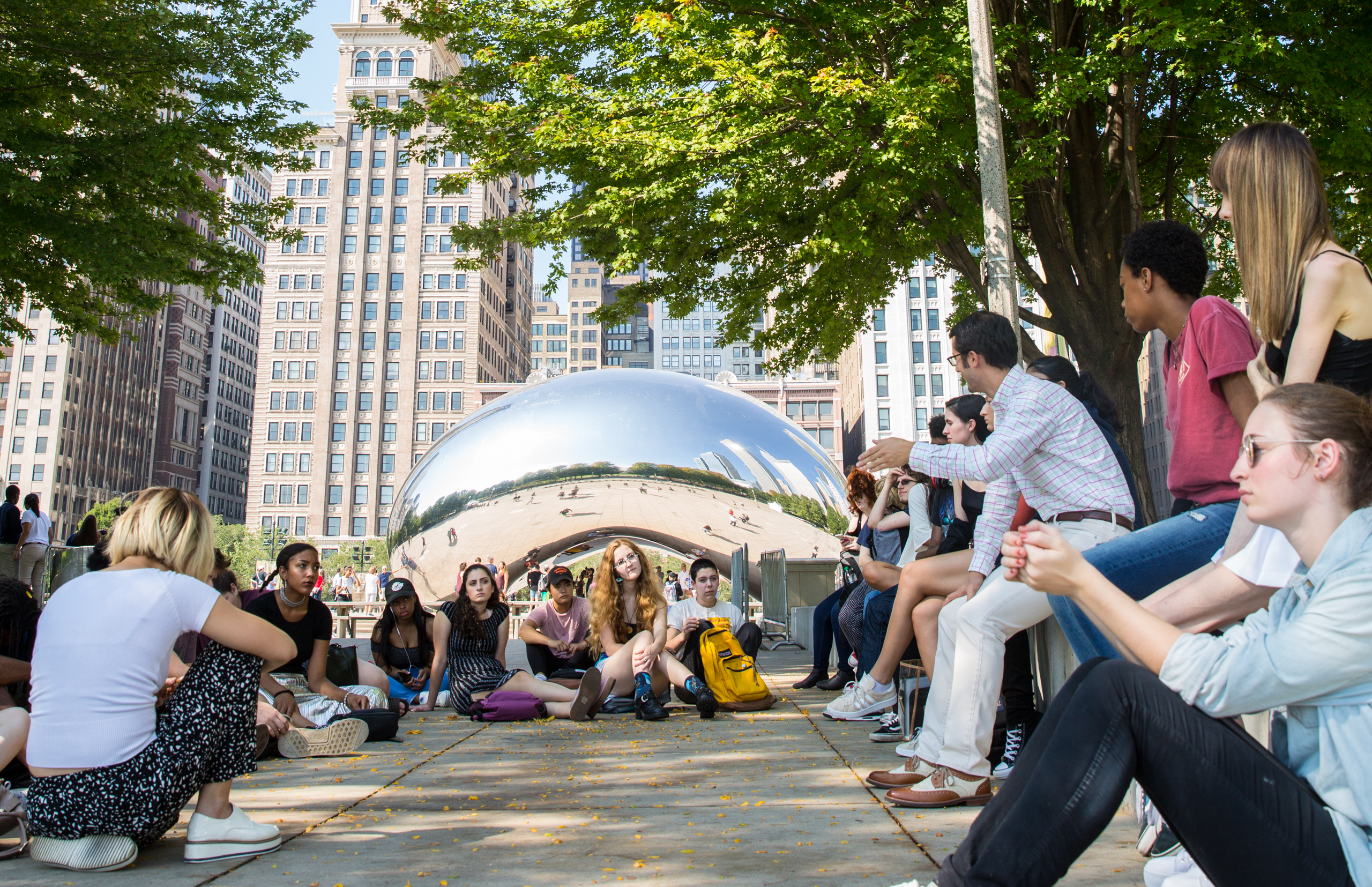Cultural Studies (BA)
Cultural Studies is an interdisciplinary field of research, scholarship, and critical cultural production. Students in the Cultural Studies BA program are trained to use critical tools and perspectives from across the college in their analysis of contemporary culture and its relation to society.
Cultural Studies prepares students to transform creative enterprises and industries with a commitment to equity, social justice, and a more humane, democratic society. Cultural Studies students learn to think critically about cultural politics, looking at the way identities and subjectivity are developed, reinforced, embodied, and performed; and becoming adept at examining how race and ethnicity, gender and sexuality, social and economic class, and nationality inform the power structures that undergird and are reinforced by culture.
Serving students who seek the superior thinking and communications skills afforded by the liberal arts, the Cultural Studies major prepares students for career opportunities in organizing, arts administration, non-profit management, teaching, community and social service management, public relations, and social media communications positions, as well as preparing students for graduate studies or law school.

Cultural Studies Elective Modules
Drawing from faculty and courses in Humanities, History, Social Sciences, Theatre, Cinema and Television Arts, Interactive Arts and Media, Dance, Art and Art History, English and Creative Writing, Communications, and beyond, the Cultural Studies Elective Modules offer multiple pathways for completing the remaining required courses.
Students can follow course modules in Screen Studies, Performance Studies, Aesthetics and Politics, Identity and Culture, Critical Communication and Media Studies, or a mixture that fits their focus.
What to Expect
In your first year
In your first year, you’ll take foundational courses that introduce you to the wide-ranging field of cultural studies. You’ll also begin exploring the different course modules as you determine your area of focus for the rest of your degree program. In addition, you’ll take several classes as part of the Liberal Arts and Sciences Core Curriculum.
In your last year
In your last year of the program, you will complete your remaining seminars and elective courses and participate in the Senior Seminar. Taught by a rotation of faculty associated with the cultural studies program, the Senior Seminar helps students cement their research and writing skills in relation to a current project, research interest, or emergent cultural object. You can then present your final product at a forum during Manifest.
In addition to these opportunities, you’ll take elective classes in areas of your choosing throughout Columbia. Faculty and advisors can also recommend CCCX courses that will complement your senior seminar project
Real World Opportunities
What experience will I get outside the classroom?
At Columbia, learning goes far beyond the classroom. In the Cultural Studies program, you’ll have the opportunity to:
- Explore options for studying abroad to immerse yourself in another culture
- Enjoy the world-class city of Chicago, including its literary and music scenes, which will inform your studies and observations of culture
- Participate in the plethora of arts and communications organizations around Columbia
- Engage with outside scholars and activists in Cultural Studies colloquium events.
What are my internship options?
As a Cultural Studies major, you are encouraged to participate in an internship, which bridges your formal undergraduate education and preparation for future employment or graduate school. From local cultural and non-profit agencies to campus-based organizations, you’ll apply the critical thinking skills you gain in the classroom in a real-world setting. Cultural Studies students have completed internships at The Field Museum, Young Chicago Authors, The Night Ministry, Centro Romeo, Girl Forward, and a variety of other local and national cultural and social service organizations.
Complementary Studies
Which minors complement this program?
- Hip-Hop Studies
- Women’s, Gender and Sexuality Studies
- Black World Studies
- Latino and Latin American Studies
- Cinema and Television Studies
- Theatre Studies
